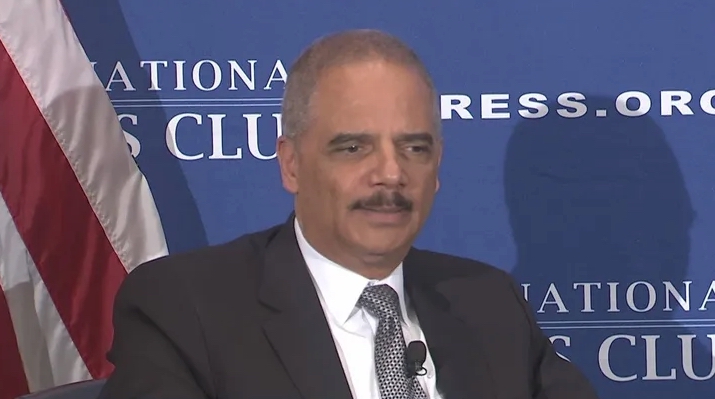Loopholes in a law passed last year are still preventing victims of North Carolina’s forced sterilization program from receiving the compensation that they deserve. My colleague, Jon Sanders, wrote a compelling piece about this issue last year, and it’s worth bringing up again and quoting at some length.
The spokesman is correct; that is how the statute is written. The budget bill of 2013, which included the compensation, defines a “Qualified recipient” as “An individual who was asexualized involuntarily or sterilized involuntarily under the authority of the Eugenics Board of North Carolina in accordance with Chapter 224 of the Public Laws of 1933 or Chapter 221 of the Public Laws of 1937.”
But if ever there were an instance of violating the spirit of a law by abiding by the strict letter of the law, it is here. Counties get their authority from the state. A much broader reading of the statute is morally warranted.
Involuntary sterilization — the AP noted that some victims were “as young as 10 and chosen because they were promiscuous or did not get along with their schoolmates” — was a serious harm inflicted by the state against its citizens. Providing some remedy, however late, to actual victims should not hinge on whether the hideous government order originated from the state eugenics board directly or from county officials operating under their wrongheaded example.
Not that much is improved by disqualification by “missing paperwork.” Victims were not chosen out of respect for their organizational skills, after all. While there should be some benchmarks for establishing proof of victimhood, it would seem reasonable to expect that a person having the same name as a recorded sterilization victim, having some evidence to show himself as being that victim, and being in fact sterilized would be enough….
With its forced sterilization program, the State of North Carolina was obviously and morally in the wrong. So it was right and proper for the General Assembly finally to address that wrong through establishing this compensation program.
It would be a shame — not to mention shabby and inexplicably petty — to deny the clear intent of the program through an overly rigid interpretation of the statute.
Step up, North Carolina. Do what’s clearly right here. I can think of few violations of basic human rights by states against their citizens that are more blatant than this. There’s no way to undo the wrong that’s been done, but we clearly owe meaningful compensation to every single living victim we can find.


